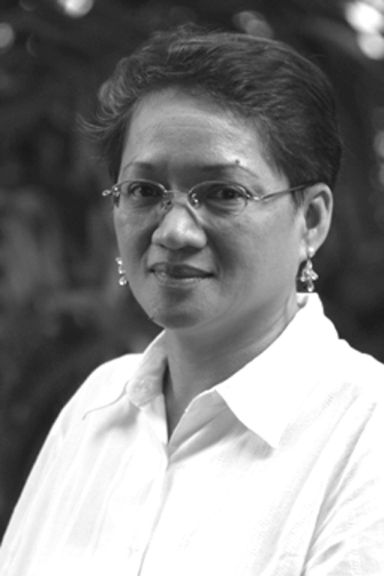
APALISOK
Who is Jack Lam and why is he causing Justice Secretary Vitaliano Aguirre II to become incoherent?
In the Philippines, Jack Lam is known as the owner of Fontana Casino and Leisure Parks in Clark, Pampanga. He is also said to own substantial interests in the Fort Ilocandia Hotel and Casino in Laoag City, Ilocos Norte.
Last November 24, the PNP’s Special Action Force and the Bureau of Immigration raided Fontana for alleged illegal online gaming operations in which more than 1,300 illegal Chinese nationals were apprehended and detained.
Two days later, an ex-general by the name of Wally Sombero tried to arrange a meeting with Sec. Aguirre to ask him if he can be Jack Lam’s “ninong” or godfather because about 800 of those detained by the Immigration bureau had valid visas. The DOJ has authority over the Immigration bureau, and Sombero was obviously trying to get the Justice Secretary to iron things out for the 500 undocumented Chinese nationals and Fontana’s lack of a license from Pagcor.
Secretary Aguirre’s subsequent revelation that Jack Lam tried to seduce him with P100 million a month and Pagcor chair Andrea Domingo with a cut in Fontana’s earnings, including top officials of the Bureau of Immigration in exchange for the casino’s hassle-free operation would have been enough ground to file cases against the Chinese businessman, but instead of nailing Lam with dispatch, Aguirre told the media he will not pursue cases because there was no “overt” bribe attempt.
In another report, he tried to heap the blame on the Department of Tourism for the arrival of undocumented Chinese even as he called on Congress to investigate who were Jack Lam’s “ninongs” during the previous Aquino administration.
To be sure, Jack Lam is no ordinary Chinese gaming big shot.
In the 2009 online article published by the Global Gaming Business magazine, Jack Lam is described as the “Godfather of Gaming” and one of 10 most influential people in the gaming world. He is known as a “long standing participant in the Macau junket business, which caters mostly to high rollers.”
As one of the largest VIP junket operators in Asia, Lam’s company, the Jimei Group, “controls the fortunes of two of the Macau’s most important gaming companies, Las Vegas Sands and its three casinos and Wynn Macau. The players he brings to Macau are some of the biggest ‘whales’ in the business and contribute mightily to the bottom lines of both companies.”
The GGB online magazine noted that in addition to his junket services, Lam’s empire Jimei Group “operates two casino cruise ships — the M.V. Jimei, out of Hong Kong, and Xiang Xue Lan, with routes between China and South Korea — and has several interests in the Philippines, including Fort Ilocondia Resort & Casino and Fontana Leisure Parks.”
President Rodrigo Duterte’s order issued to PNP Chief Roland dela Rosa to arrest Mr. Lam for economic sabotage came three days after the gambling tycoon flew the coop. As if the snafu was not enough, Aguirre ordered the Bureau of Immigration to arrest Lam if he sets foot again in the Philippines.
I’m not sure the DOJ chief was trying to be funny, but if he were in Lam’s shoes, will he enter the country knowing that he will be arrested and jailed for a continuing crime known as economic sabotage?
Some quarters are saying the country’s pivot to China might be a factor in the Lam case. Let us see how far the Duterte administration would go in running after the gambling mogul. Sec. Aguirre has ordered the cancellation of Mr. Lam’s investor visa while Pagcor chairman Andrea Domingo has ordered the closure of Fontana’s casino operations and the affiliate inside the Fort Ilocandia Hotel. It remains to be seen if the twin move has any value considering that gambling moguls like Jack Lam are veterans in dealing with government restrictions and have all the resources including friends in high places who can help thwart any legal action leveled against them.
Disclaimer: The comments uploaded on this site do not necessarily represent or reflect the views of management and owner of Cebudailynews. We reserve the right to exclude comments that we deem to be inconsistent with our editorial standards.
